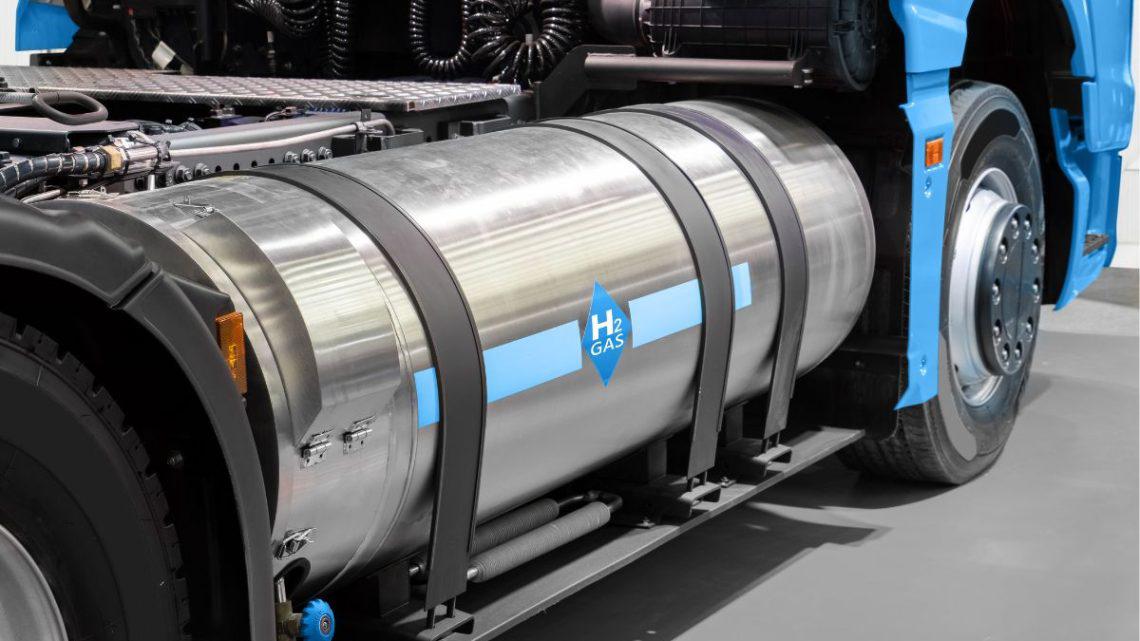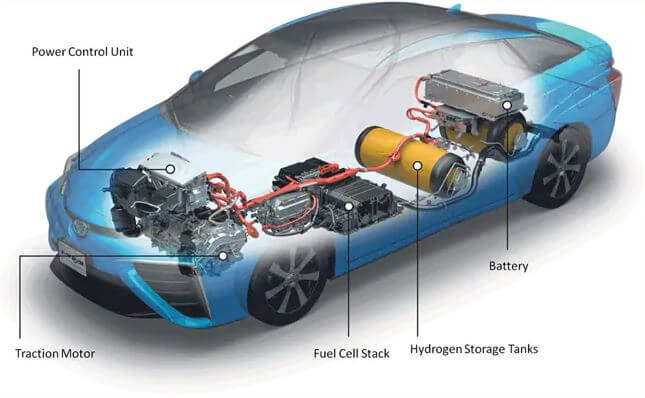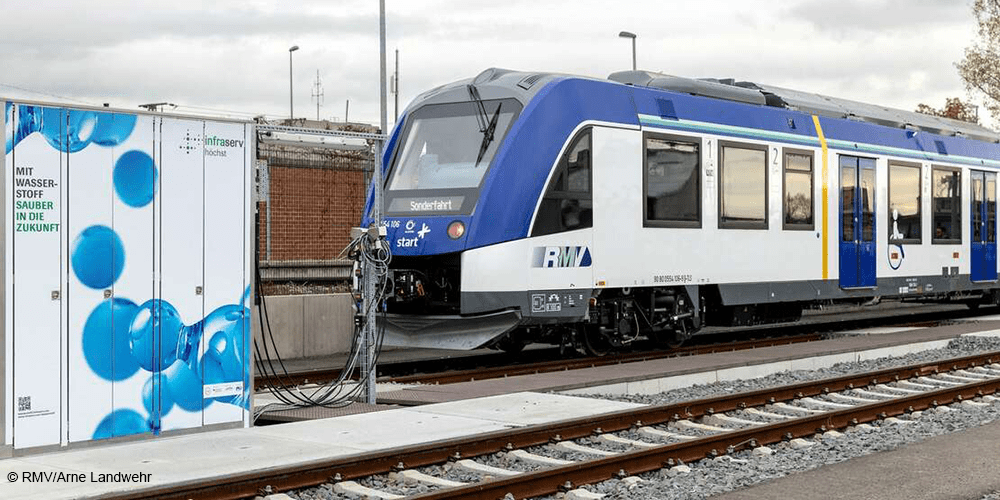
Led by Professor Louise Slater of the University of Oxford’s School of Geography and the Environment, the three-year project will introduce advanced monitoring and forecasting technologies to address challenges such as climate variability, ageing infrastructure, and rising energy demands in the Lower Mekong region, where hydropower provides over half the energy supply.
Professor Slater said: “We are excited to work with our co-investigators in Vietnam, Laos and Cambodia to develop novel technologies integrating sensors and satellite-based monitoring with existing models and machine learning to support the energy efficiency and safety of the existing network of small hydropower plants.”
The project will use low-cost, real-time monitoring systems and predictive analytics to help hydropower plants adapt to changing energy needs and water availability. Data on weather patterns, water levels, and infrastructure safety will be integrated to improve system performance and reduce risks to downstream communities.
“A core focus of the project is to empower local communities and ensure that all regions benefit from advancements in clean energy,” Professor Slater added. “This includes providing training to local operators and fostering gender equality in the energy sector to ensure no community is left behind.”
SMART-HS is a collaboration between the University of Oxford, the University of Edinburgh, and partners in Southeast Asia, including Hanoi University of Mining and Geology and the National Center for Water Resources Planning and Investigation.
Funded by the UK Government’s Ayrton Fund, the Ayrton Challenge Programme supports research addressing global climate and energy challenges. SMART-HS is one of 13 projects under this initiative, with potential applications for hydropower systems worldwide.






